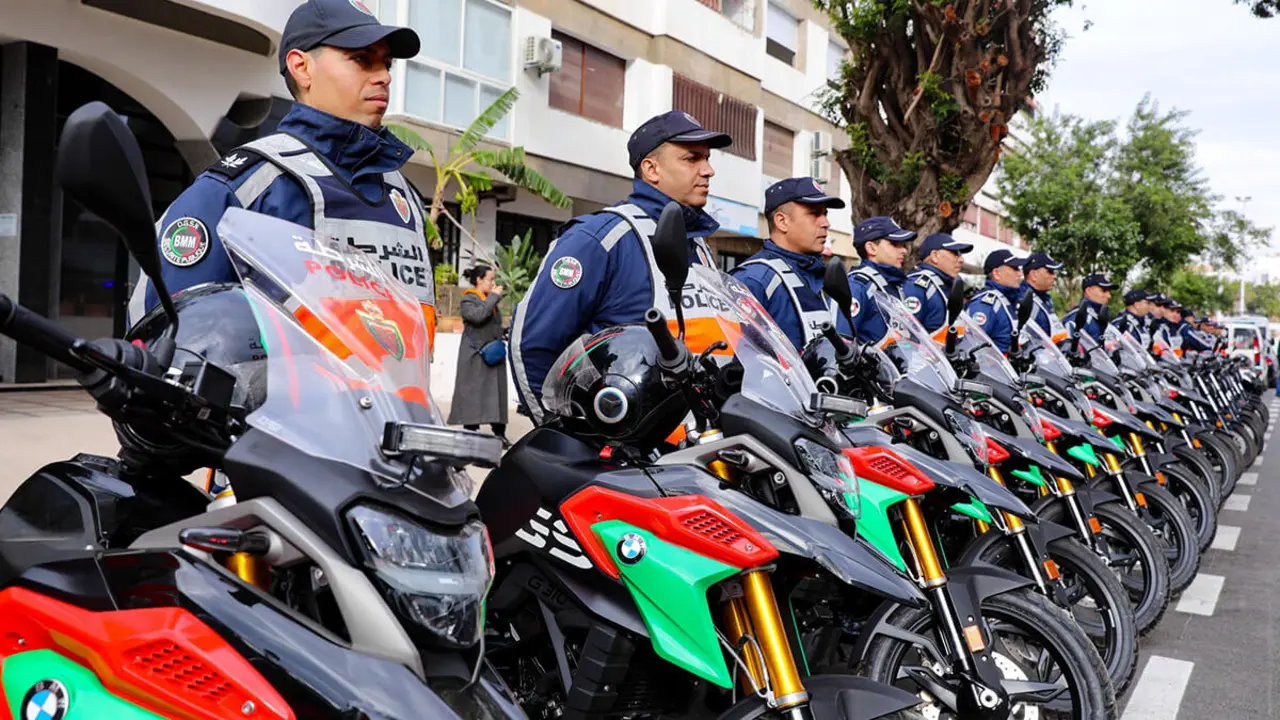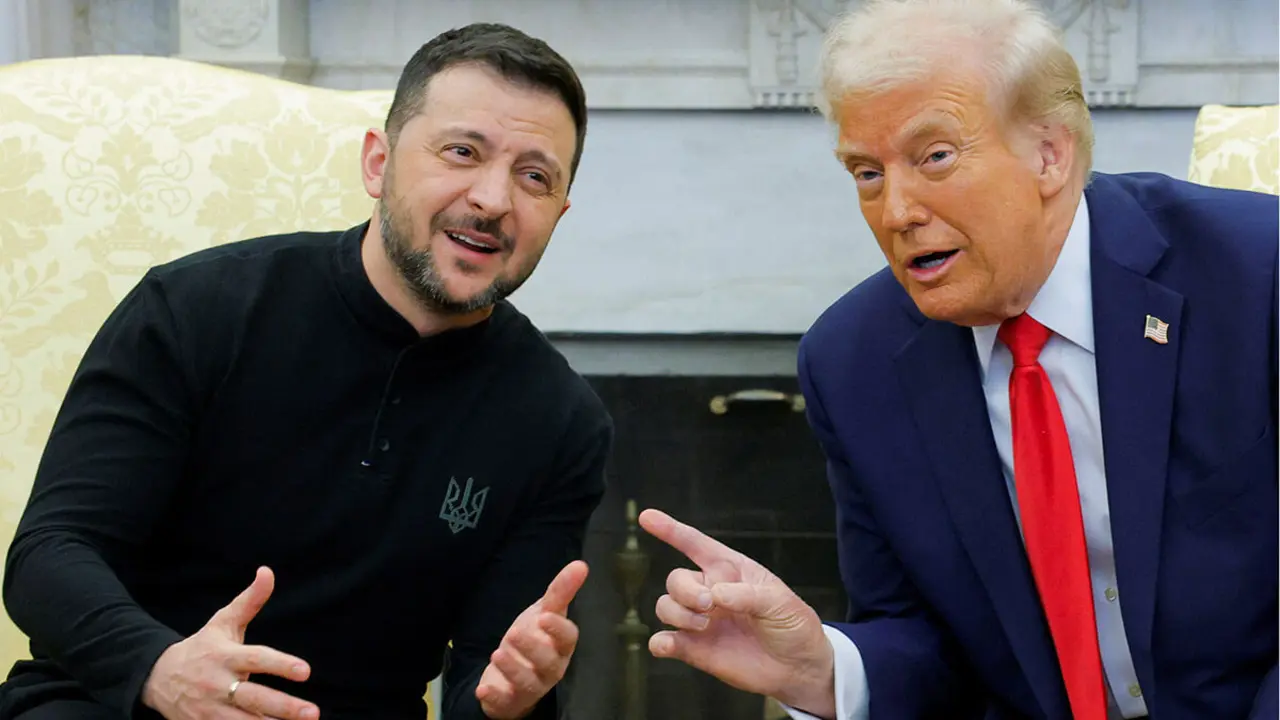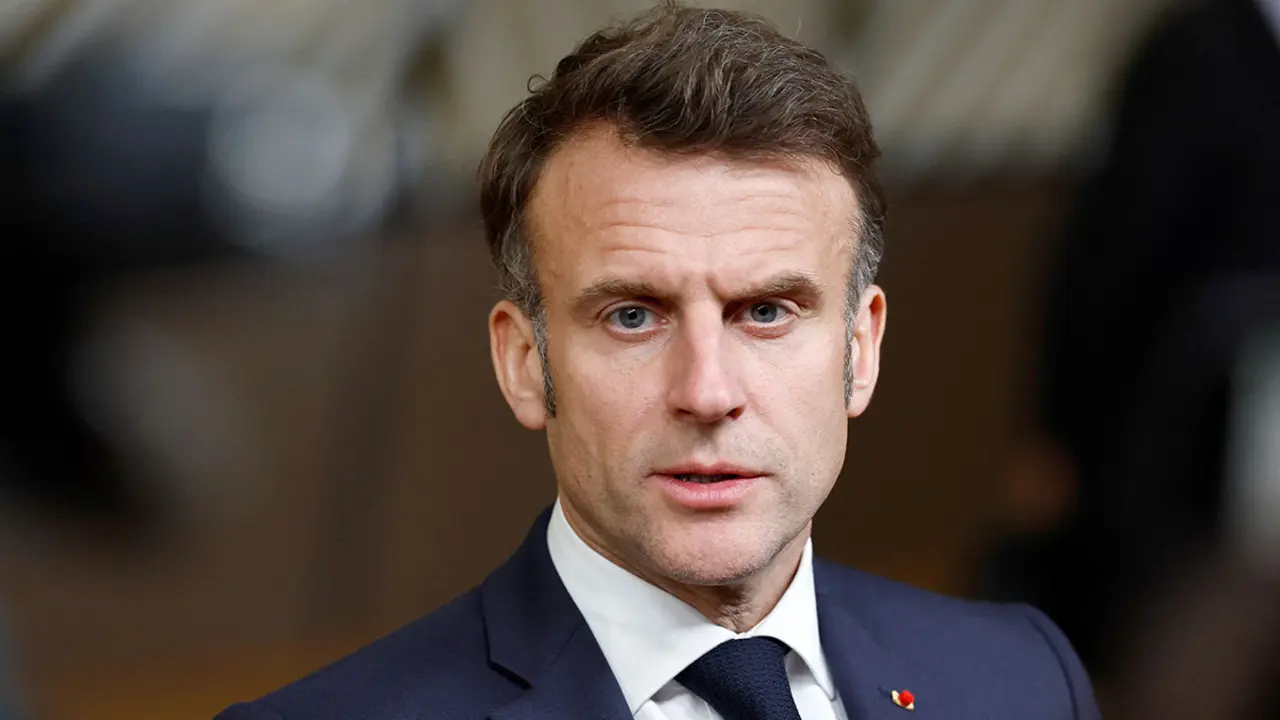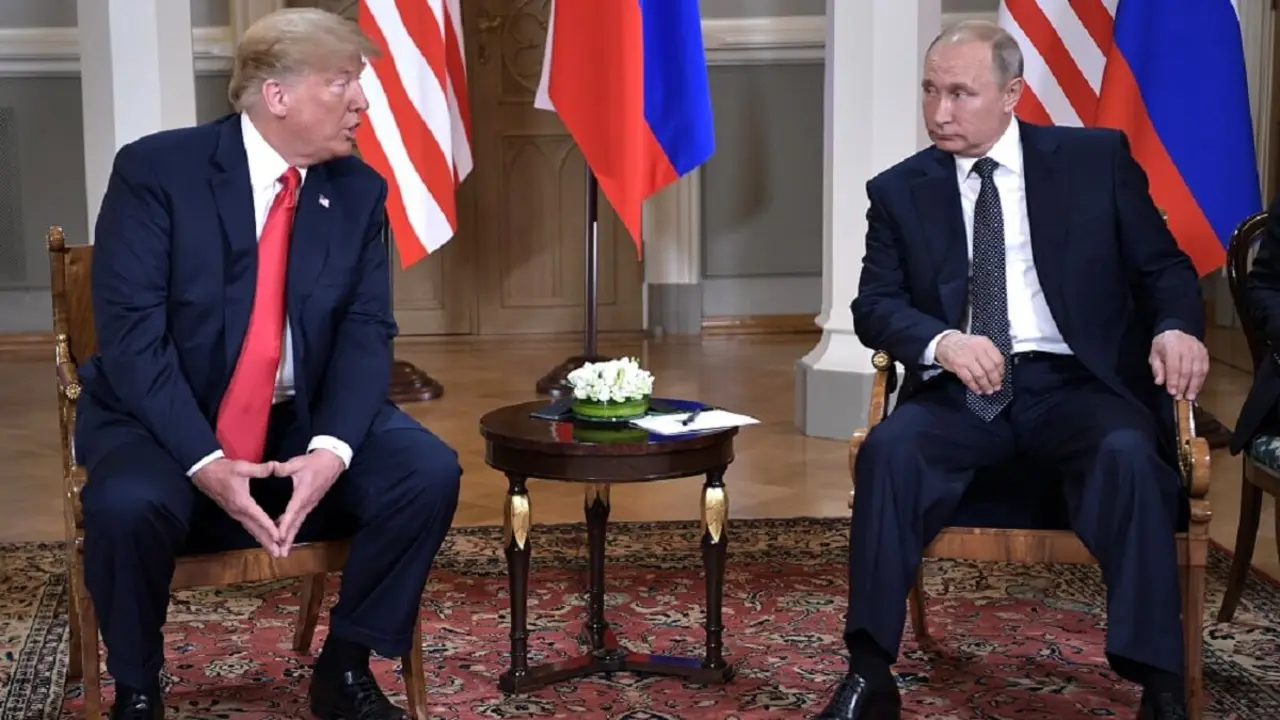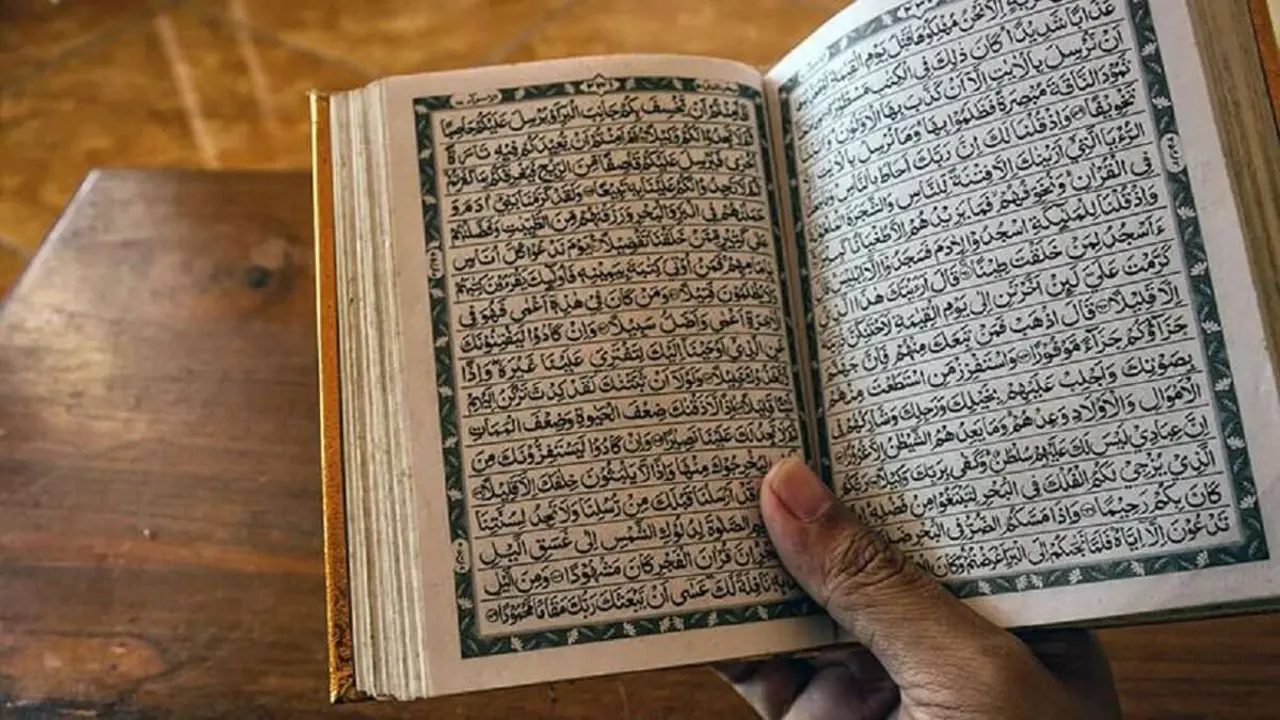Albares will travel to Libya later this week
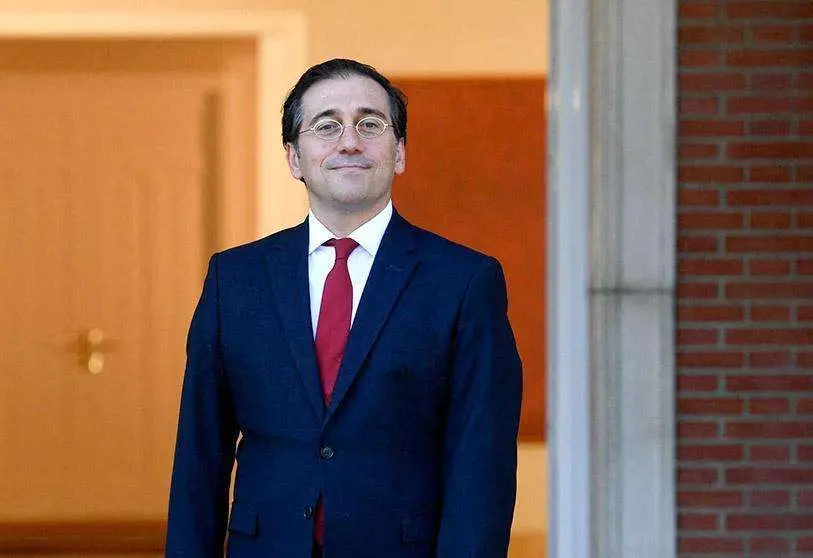
The Spanish Foreign Minister, José Manuel Albares, confirmed on Monday that he will travel to Libya "at the end of this week" to attend the international conference to stabilise the country.
"Spain is going to be increasingly committed to Libya" because "it is a very important Mediterranean country, where many of the crises affecting the Mediterranean, the Maghreb and the Sahel converge", said the head of Spanish diplomacy, citing jihadist terrorism and irregular immigration among them.
Albares was in Luxembourg on Monday for the meeting of EU foreign ministers, and before that meeting, he took part in a working breakfast with the Libyan minister for foreign affairs, Najla Mangoush.

The meeting was also attended by the European Union's High Representative for Foreign Policy, Josep Borrell, who assured that the EU-27 are "prepared to accompany Libya on its path towards the elections" scheduled for 24 December.
During the meeting with Mangoush, Borrell also expressed the EU's concern about "the unacceptable situation of the migrant detention centres" in Libya.
For his part, the German Foreign Minister, Heiko Maas, called for the elections in Libya to be held "as planned" and assured that "we are in a decisive phase" for the elections to take place.

It was the head of the Libyan Presidency Council, Younes Menfi, who at the 76th UN General Assembly announced the convening of the international conference to seek support for the stabilisation of the country.
Libya has been a failed state, a victim of chaos and civil war since 2011, when NATO contributed to the triumph of the various rebel groups over the dictatorship of Muammar al-Gaddafi.
Last March a National Unity Government (GNU) was formed, elected by the Libyan Forum for Political Dialogue (LFDPD), an unelected body created by the UN outside the governments that had been at loggerheads until then, which must unify the country, maintain the ceasefire and lead the country until the legislative elections.




